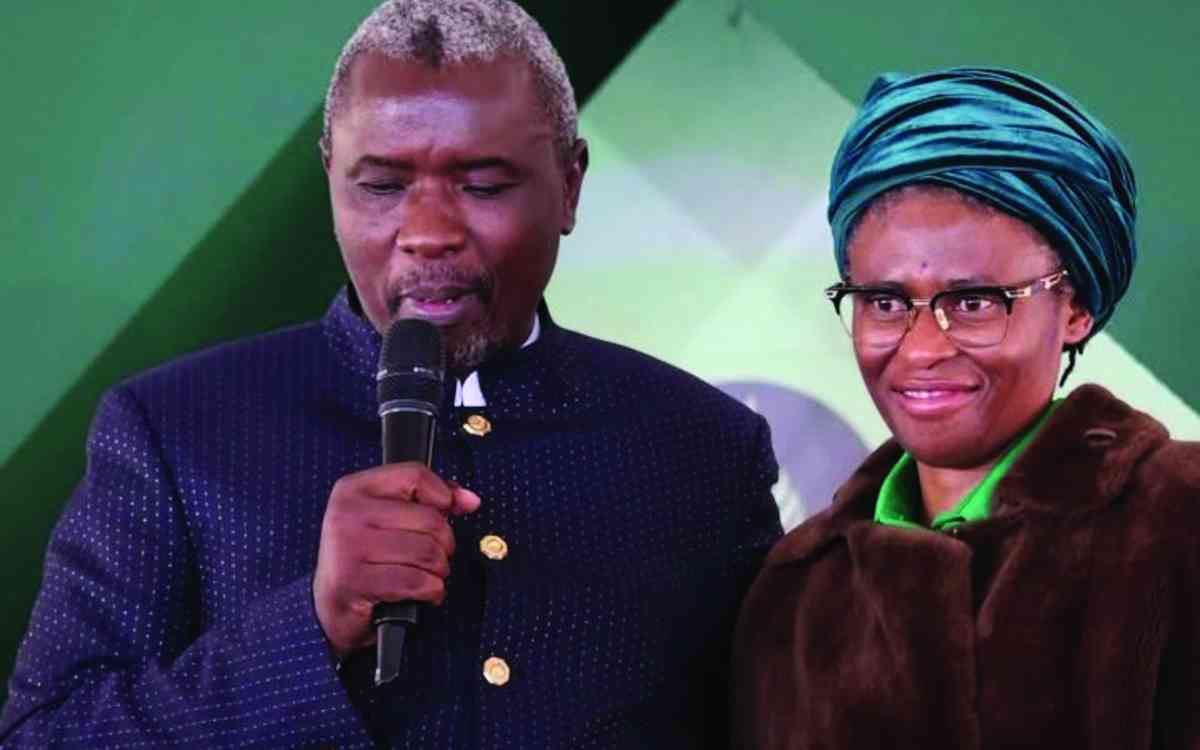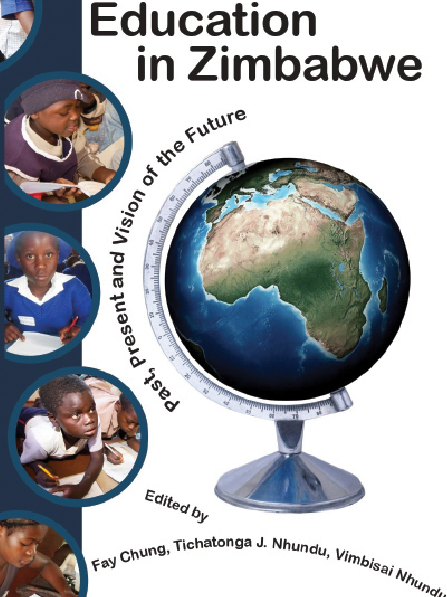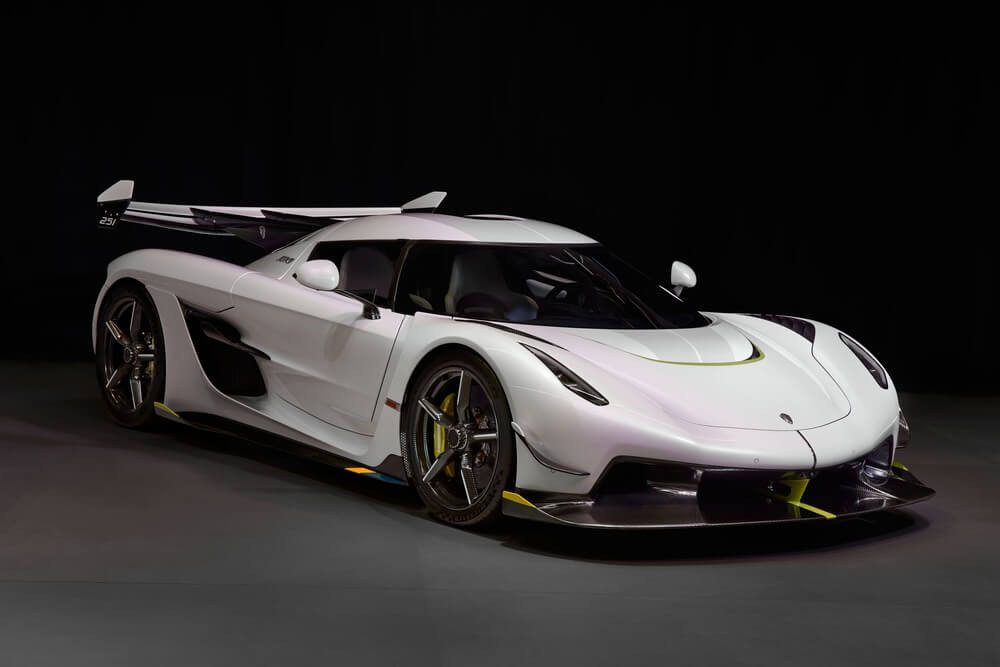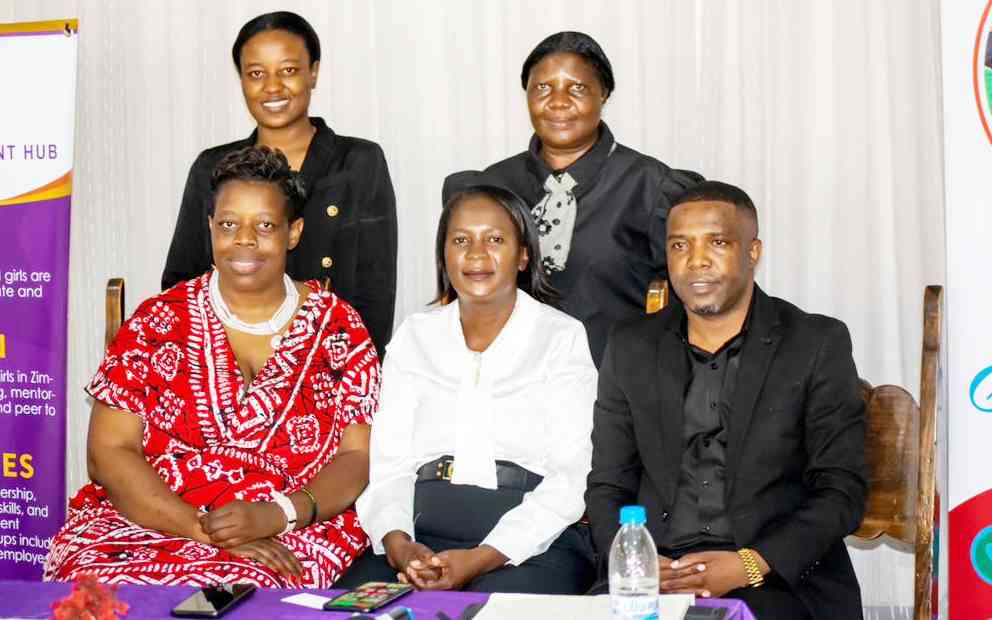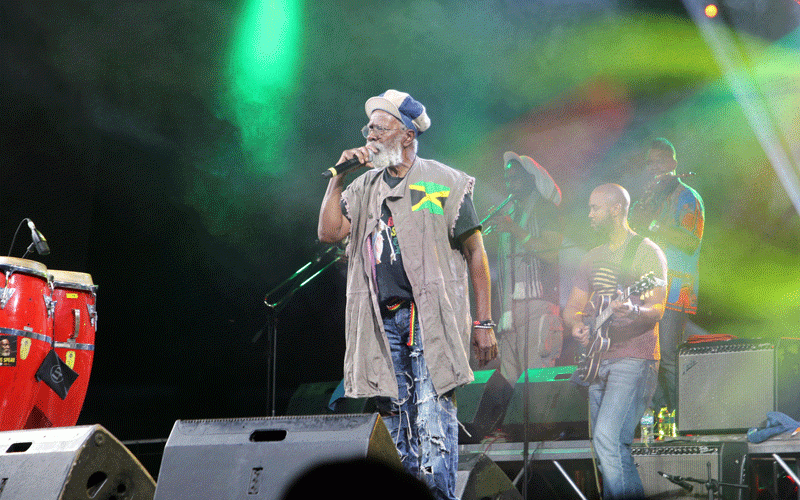
Twenty years ago, I watched an unforgettable full concert video that showcased pure musicianship between Winston “Burning Spear” Rodney and his eight-piece band as they skilfully delivered a tightly woven roots reggae performance at the Vieilles Charrues Festival in France.
According to www.vieillescharrues.asso.fr, the four-day festival is the largest music festival in France, attracting more than
280 000 festival-goers every year.
For me, this was one of many outstanding shows that the roots reggae singer, songwriter and composer delivered in his time.
Notably, his 1988 live-in Paris-Zenith concert featuring an all-female horn section remains particularly memorable.
Who would ever forget that hypnotic groove when Nilda Richards (trombone), Pam Fleming (trumpet) and Jennifer Hill (tenor sax) played Creation Rebel and Driver?
A fortnight ago, exactly four decades since reggae emerged in the local music scene, Burning Spear made a stop in the country, performing at Glamis Stadium in Harare as part of his One People Africa Tour, courtesy of record label Sound System Club and Friends of Jamaica.
The historic arrival of the Jamaican reggae legend was made possible thanks to the tireless efforts of Terrence ‘The Hotstepper’ Mapurisana, Classic 263 station manager, producer and presenter of the popular Reggae Talk Reggae Rhythms show.
- International reggae festival on the cards in Zim
- International reggae festival on the cards in Zim
- Burning Spear euphoria grips Zim showbiz
- In the groove: Is the Burning Spear show in limbo?
Keep Reading
The veteran broadcaster who conducted a virtual interview with Burning Spear on September 22, played a pivotal role in generating momentum for the concert by coordinating with tour manager Marcia Elliot and Paul Scott the director of Sound System Club.
Scott’s tribute to Mapurisana read: I Paul Scott from Sound System Club can say that if it was not Terence the Reggae General I would have not brought Spear to Zimbabwe. Maximum respect to Terence for his professional work and on his work for reggae in Africa. I have worked with Terence with other artistes on radio and his interviews are always well done.
Respect General. Bless
Mapurisana has been friends with Winston Rodney since the early 1990s when he was co-hosting Reggae Talk Reggae Rhythms with the late Andrew T Kanyemba on Classic 263. “He (Burning Spear) has been doing jingles for me and l have also featured him on my programmes.
This friendship was cemented by a good friend of mine Paul Scott,” Mapurisana shared with Standard Style, adding that the One People Tour Africa allowed him to include Burning Spear on the Zimbabwean tour as he would be performing in South Africa, Zambia and Kenya.
“It was not very difficult for him to agree since he had indicated that he also wanted to meet his fans in Zimbabwe.”
For years, Burning Spear fans have endured a cycle of anticipation and disappointment as local promoters struggled to bring the legendary artist into the country.
In 1982, Mike Mhundwa, a reggae DJ on Radio 3 (now Power FM) and educational psychologist, Fred Zindi tried to bring the artist to Zimbabwe at the peak of reggae music. “This was on the insistence of Mhundwa’s brother, Joseph Mhundwa. There was no internet then,” Zindi said. “Communication was only by telephone. We contacted Robert Lee, the organiser of Reggae Sunsplash in Kingston, but there was a communication breakdown,” he said.
They ended up inviting British roots reggae band Misty in Roots, who went on to stay in Zimbabwe for six months. Among the several attempts, music promoter, J.J Chavunduka, flew to Jamaica to talk to Burning Spear, but that also failed.
Fast forward to October 18 at Glamis Arena, the stage is set and the crowd is assembling slowly and settling. Local acts Transit Crew, Cello Culture, Feli Nandi, Bobo Kalabash and Mannex warm up the stage for a few hours.
Finally, the Burning Band’s hype man takes center stage and starts rallying the crowd in patois chanting ‘Are you ready for Burning Spear!’ he shouts out, prompting the crowd to respond enthusiastically with optimism at the reality of a dream finally coming true and unfolding in front of their very eyes.
The reggae grandmaster emerges under a shining spotlight, wearing a straight face and standing tall amidst thunderous applause and cheers from the electrified crowd.
Fans jump up and down, waving Zimbabwean and Jamaican flags in a frenzy of excitement. Suddenly reggae music with its prominent deep roaming bass lines and the signature flair of the guitar skanking, chopping and scratching fills the night sky.
The reggae icon known for his powerful voice and socially conscious lyrics takes off with the song Door Peep Shall Not Enter, originally a 1973 classic that was taken from his debut studio album Studio One Presents Burning Spear.
A percussionist par excellence, Burning Spear charmed the crowd with his Nyahbinghi drumming skills and did not wait to save the best for last as he went straight ahead to deliver his signature socially conscious songs The Youth, Marcus Garvey, Jah is My Driver, Creation Rebel and Rocking Time among others.
As he performed, he would occasionally break into his iconic dance moves — hopping, skipping and shuffling his legs — prompting explosive cheers and screams from fans. The sound quality was crystal clear and the overall performance will remain etched in the memory of all those who attended.
Although the stadium did not fill as anticipated, a huge following of reggae fans attended including those who have tracked the genre ever since it became deeply rooted in Zimbabwe in the 1980s and 1990s.
Low attendance could be attributed to various factors, including the steep ticket prices (US$20 advance, US$40 gate) and the evolving musical tide, which has altered audience music interests.
While reggae’s presence will always endure, the younger generations’ music preferences have shifted away from it or are not interested, unlike the genre’s widespread popularity in the 80s and 90s.
Zindi notes: “At that particular time, the ghetto youths were really into reggae and any reggae artists from outside Zimbabwe would have been big business as evidenced by house-full shows of Jimmy Cliff, Don Carlos, Dennis Brown, UB40, Aswad and King Sounds,” he explained.
“Today’s ghetto youths neither know who that man is (Burning Spear) nor the songs that he sang, hence the low turnout at Glamis despite him delivering a magnificent show.”
Similarly, the changing musical landscape is evident in the waning popularity of Chimurenga music, (a Zimbabwean popular genre pioneered by Thomas Mapfumo).
Between the 1980s and the early years of the new millennium, Reggae and Chimurenga music peaked, both genres resonated strongly with diverse audiences in their prime, but have since declined in popularity, especially among younger generations.
Both genres focus on social justice and cultural identity. Chimurenga, (liberation), chronicled indigenous people’s freedom struggles in Zimbabwe.
On the other hand, reggae promoted Rastafari culture celebrating historic figures such as Marcus Garvey and advocating for African identity.
While reggae music’s artistic and creative pinnacle was reached between the 1980s and the late 1990s watching Burning Spear’s performance in the 21st century was a rare treat, as he represents one of the last links to the golden age of reggae music.
Without a doubt, the two-time Grammy winner is the embodiment of Jamaican roots reggae music. Had he performed in Zimbabwe during the 1980s or early 2000s, Glamis Arena would have been too small to accommodate the multitude of fans. Such was reggae’s monumental influence at the time.

